Earthquake Storms
This is the kind of interesting read that can make you dream of switching fields. Both the title and subtitle are misleading, it’s about much more than earthquake storms (a series of large quakes that strike the same fault close together in time), or even the San Andreas Fault, famous for being that volatile line that runs from the California redwoods to its southern deserts.
Although it does focus on ground shaking in California, it’s also a compendium of earthquake lore that describes quakes in Turkey, Italy, and other places. One intriguing section describes how recent research confirms that the famous Delphi of Greek mythology was a site of earthquakes. The priestesses there supposedly sat before a crack in the earth and made prophecies. Scientists have found that the earth nearby released ethylene, a gas that is now known to cause trances.
The book begins with the narrative of a young San Franciscan mechanic who took a daily swim in the ocean. One morning he walked to the beach as always and after being whacked repeatedly by waves, then thrown upon the

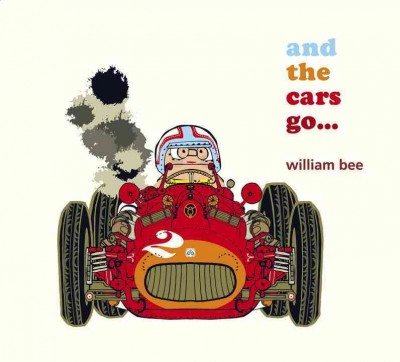
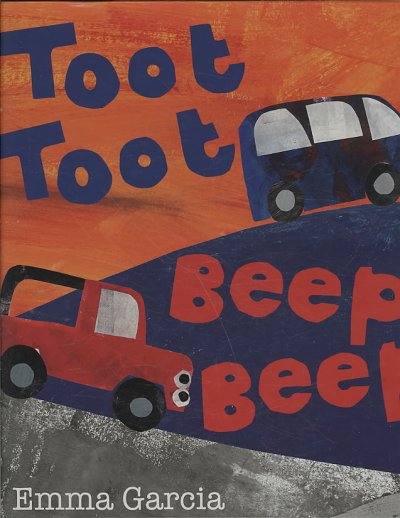
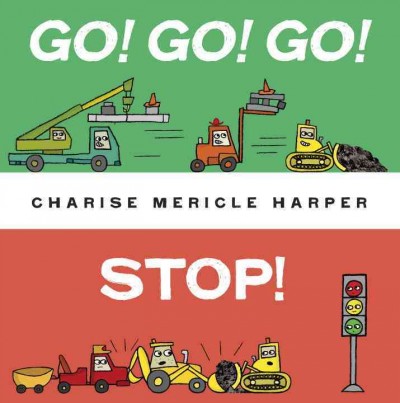
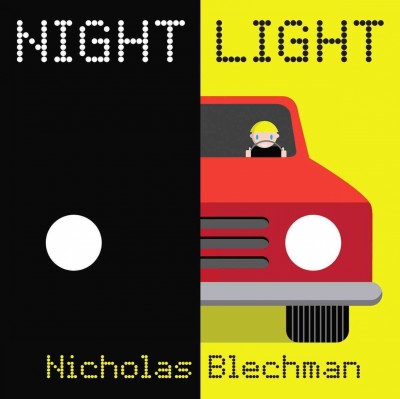
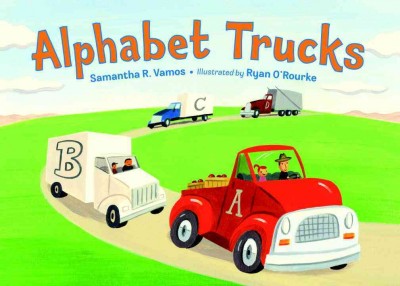
 Pick. Click. Listen. With
Pick. Click. Listen. With